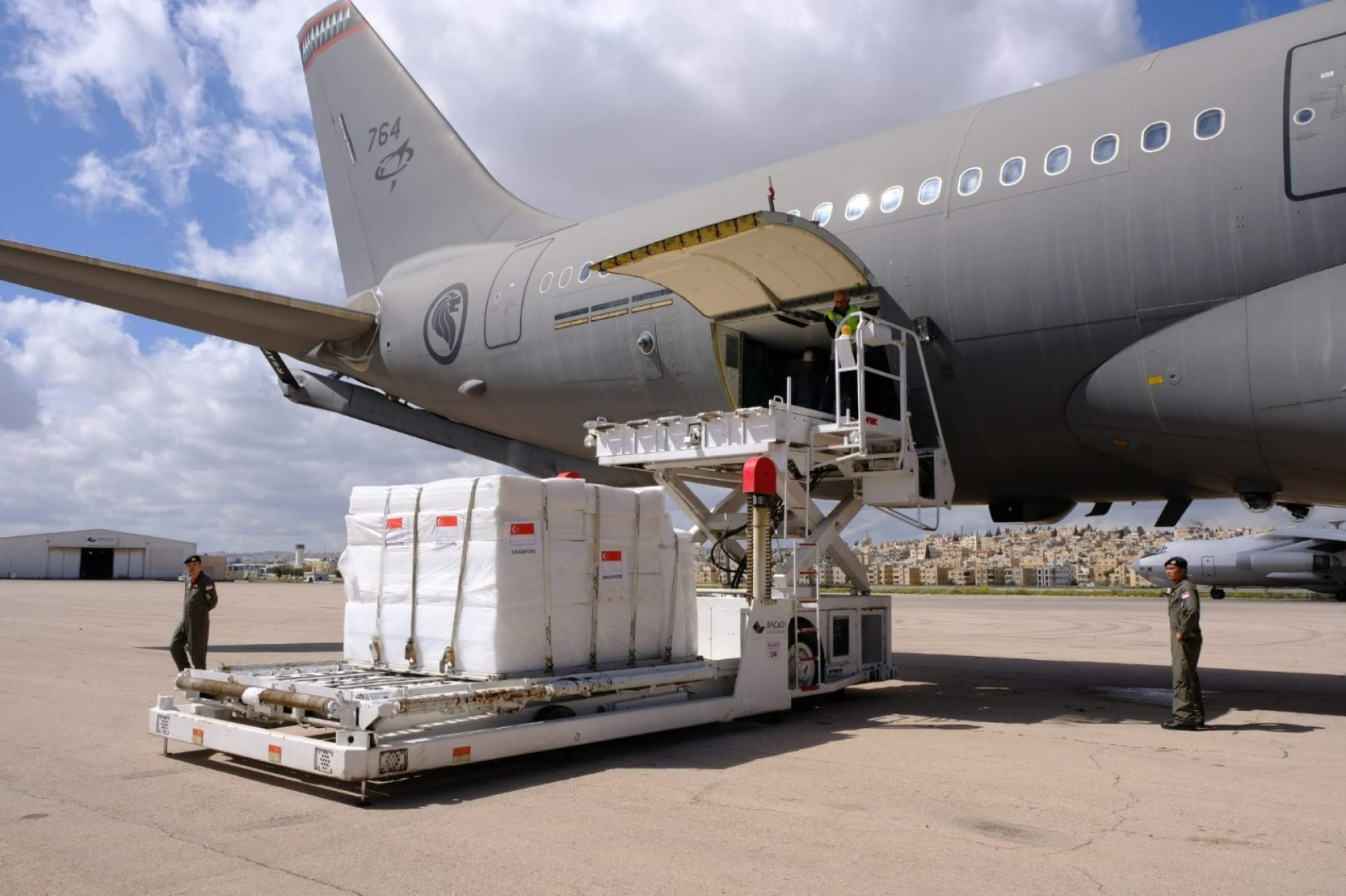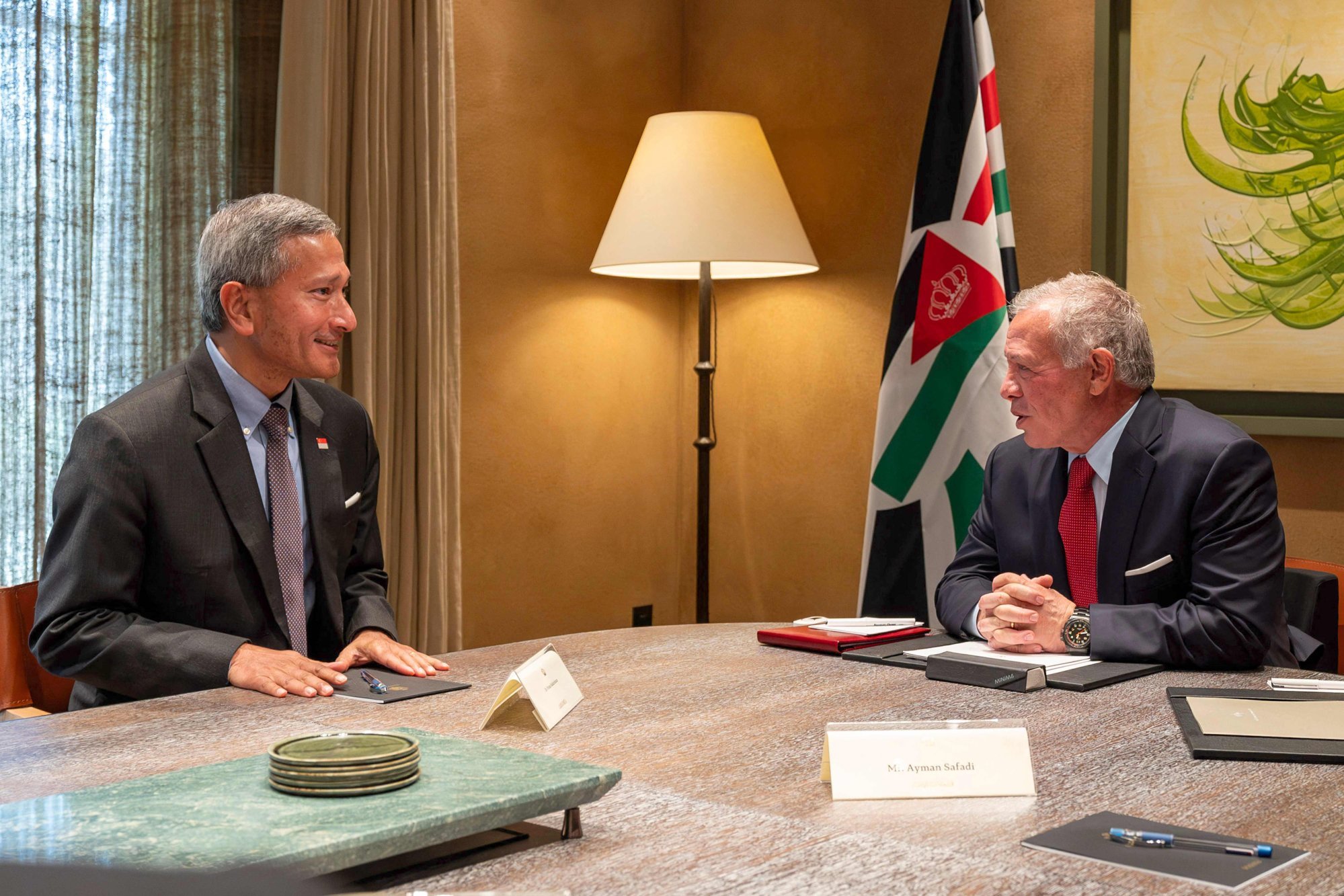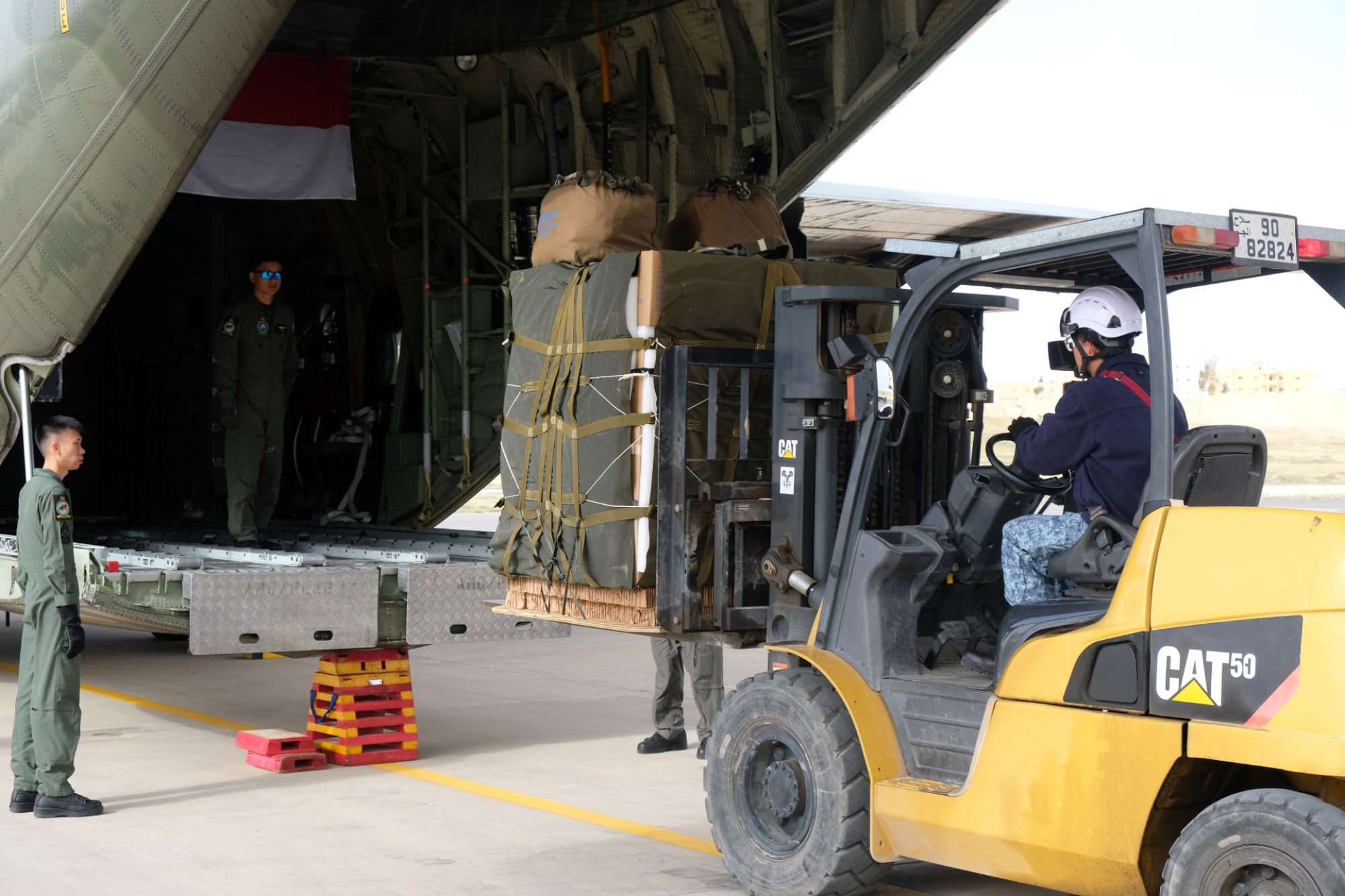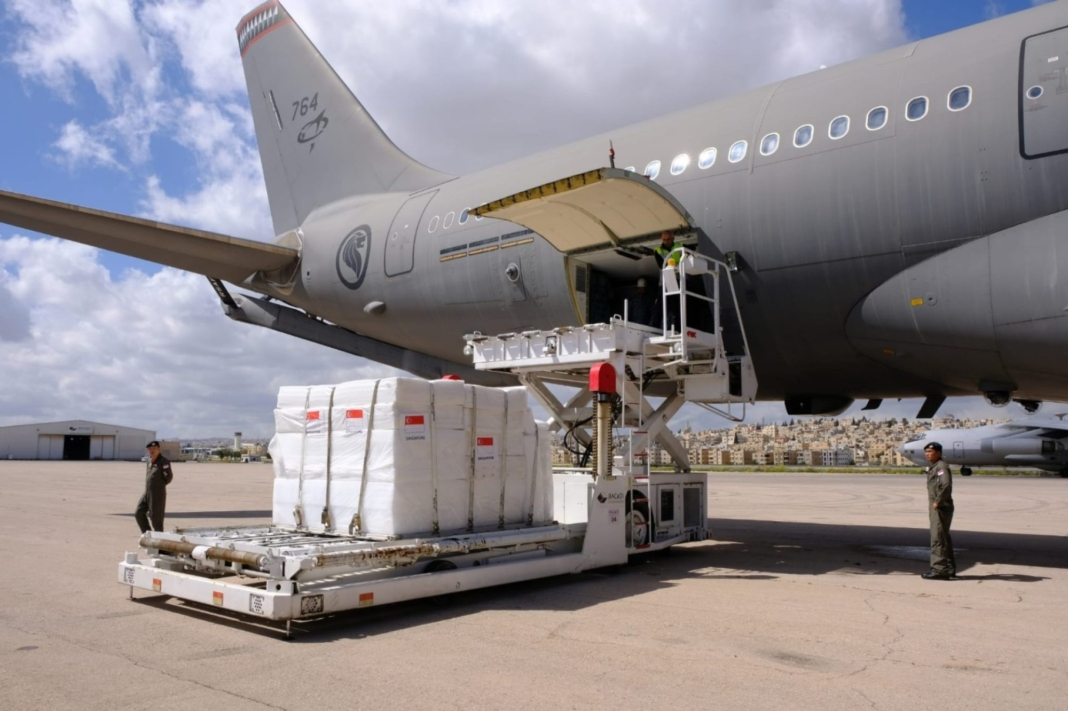His delegation met officials from the Palestinian Authority on Monday in Ramallah, with the Singapore minister telling media that both sides had “very candid discussions”, and that while there was mutual respect, “it doesn’t mean we have to agree on everything”.
Israeli response gone ‘too far’, Singapore to donate more aid to Gaza: minister
Israeli response gone ‘too far’, Singapore to donate more aid to Gaza: minister
“Singapore has been more vocal on the excessiveness of Israel’s behaviour and called for a ceasefire while still noting Israel’s need for self-defence. So there has been some shift in language, but limited change in substance,” said Chong Ja Ian, a political scientist from the National University of Singapore (NUS).
“Singapore probably sees itself as not being in a position to affect developments in the Middle East while still valuing cooperation with Israel, especially in terms of military cooperation,” he said.
Domestic calls for the government to speak out against Israel’s violence and to do more to support Palestinians had also “encouraged Singapore to adjust its position”, Chong suggested.

Bilveer Singh, a political scientist from the NUS, said Singapore’s “initial gung ho stance” on sovereignty had eased to a tone that appeared more empathetic to the plight of Palestinians.
“Singapore sending humanitarian aid is a clear signal that we do not agree with what the Israelis are doing, especially in terms of creating a humanitarian crisis,” he said.
In Gaza at Ramadan, starvation adds to deaths amid Israel-Hamas truce impasse
In Gaza at Ramadan, starvation adds to deaths amid Israel-Hamas truce impasse
Balakrishnan began his Middle East trip last Friday in Doha, where he met Qatar’s prime minister and foreign minister. In Jordan, he visited an airbase where Singapore’s third tranche of humanitarian aid for Gaza arrived on Sunday. He is also set to visit Israel this week.

Chong noted the calls had come from many quarters in Singapore.
“Domestic calls for Singapore to take a more active position calling out Israel, and Israel’s role in massive civilian deaths that could be tantamount to a genocide, have been very strong. These calls cut across ethnic and religious lines,” he said.
“These conditions, especially domestic sentiment fuelled by the horrific images of Palestinian suffering, have probably encouraged the administration to adjust its rhetoric and extend somewhat more assistance to Palestinians in Gaza.”
While Balakrishnan’s trip to the Palestinian territories was a “visible gesture”, Chong said it would do little to “change much on the ground unless the visit actively pushes for a ceasefire and more aid for Gaza”.
Singh said the visit could be seen as a signal to neighbouring states, especially Muslim-majority Indonesia and Malaysia. However, the shift in tone might affect Singapore’s relationship with Israel, he suggested.
“The relationship will be tense. The only way for the relationship to improve will be for … Israel to introduce a ceasefire,” Singh said.

Alan Chong, a senior fellow at the S. Rajaratnam School of International Studies, said he did not think Singapore’s relationship with Israel would “significantly change” even as it walked a “tightrope” on dealing with the conflict.
“Damage control is already in play. Israel has a special place in Singapore foreign policy because they helped to train the [Singapore Armed Forces],” he said. “Singapore has also developed ties with Israel’s digital industries, so it won’t want all of that to go away.”
‘Brands that fatten them up’: Israeli dates under Muslim boycott in Southeast Asia
‘Brands that fatten them up’: Israeli dates under Muslim boycott in Southeast Asia
The republic also maintains ties with the Palestinian Authority that governs the West Bank, and Balakrishnan had held talks with his counterparts in Ramallah in 2022.
Singapore’s government has had to strike a balance between allowing its citizens to exchange views on the war and maintaining the city state’s carefully managed social cohesion.
Some residents had posted calls on social media to boycott last month’s Singapore Airshow, with critics arguing that the display of Israeli weapons was a sign that the city state was leaning to one side.
Source: scmp.com



